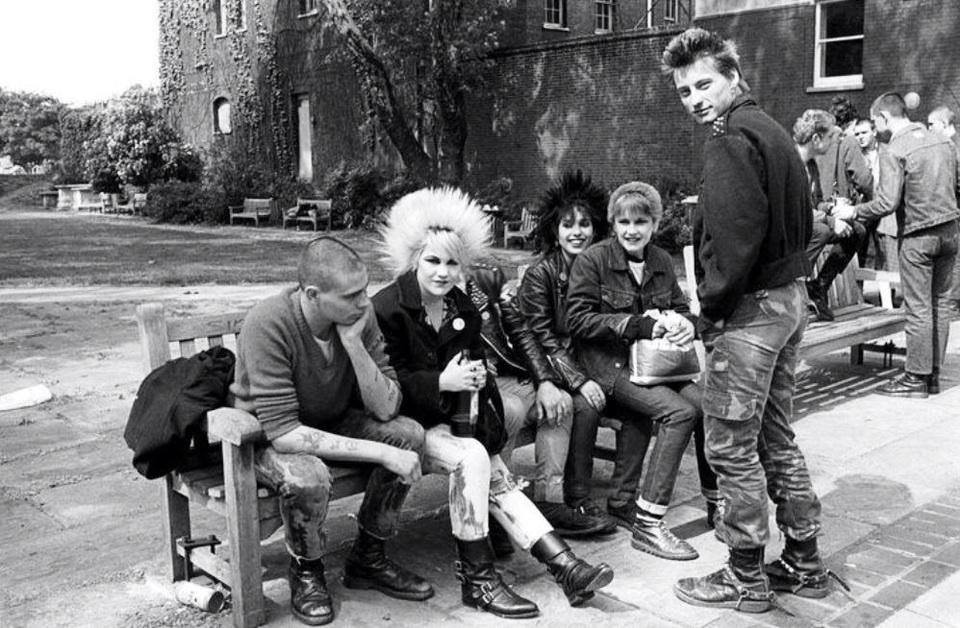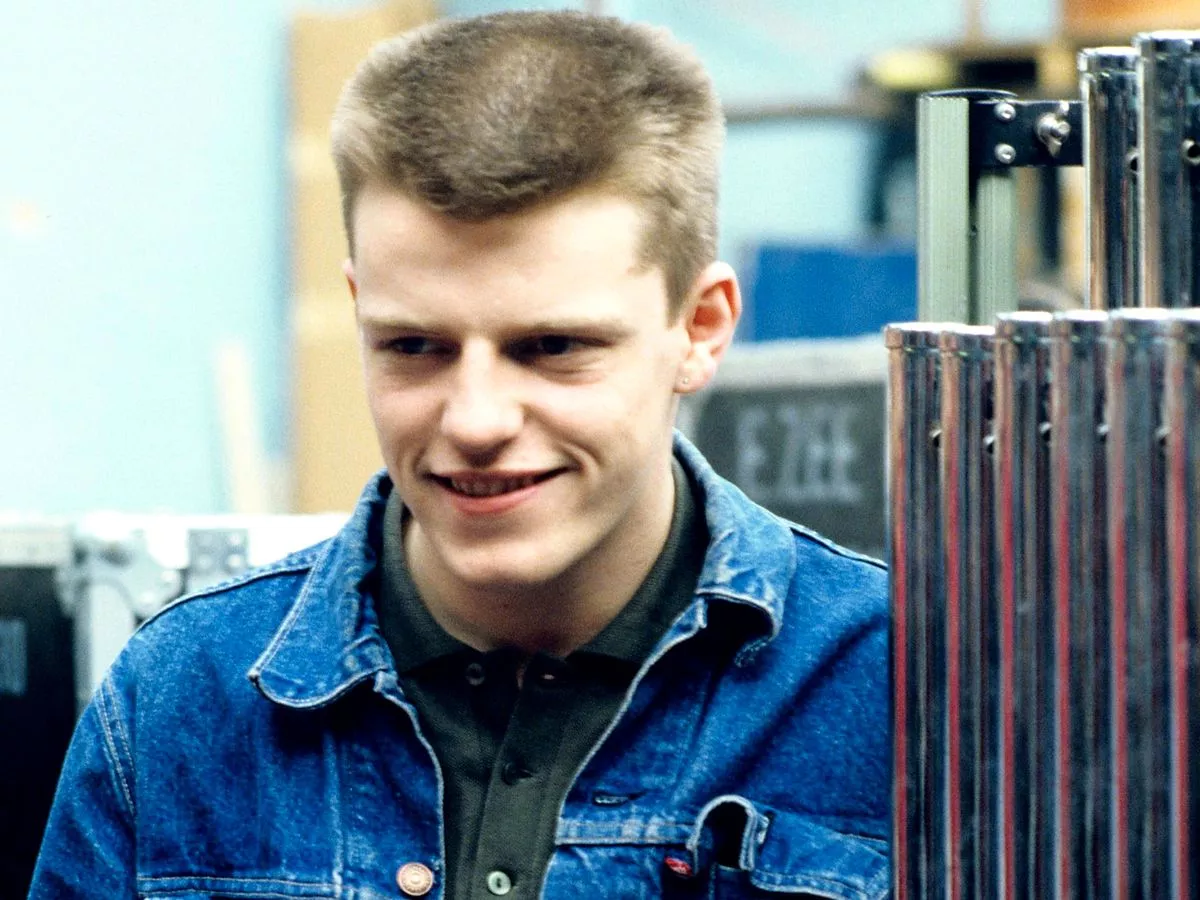On Sunday, reigning Women’s Super League champions Chelsea rocked up for their pre-season clash in the U.S against Arsenal, wearing the club’s new third kit.
The black kit, which had been revealed via leaks to some extent, was worn by the women’s side followed by the club’s announcement on Monday morning for the official launch of the season’s third strip, set to be worn by both the men and women’s team.
The design celebrates fresh creativity and attitude, paying homage to the Punk culture that shook West London and the world far beyond almost five decades ago.
This idea and design language has sparked a little debate on punk rock and its roots. People suggest that Chelsea’s rather posh and affluent locality makes it not the best club to pay homage to punk.
These comments have not sat well with Chelsea fans who were quick to bring up the history of Chelsea’s deep and rich relation with punk rock culture.
Born in Chelsea, the punk rock culture was all about youth, trailblazing energy and standing out, not being like anybody else, and Chelsea aims to establish that same thought through their new kit.
Yeah except Chelsea being the literal birthplace of punk lmfao
—(@cobham_fan) August 26, 2024
Erm, punk started within a mile of Stamford
— Vib Ribbon (@jon63911887) August 27, 2024
Bridge. Steve Jones, Paul Cook, Joe Strummer, Billy Idol, two Undertones, The Members and several more punks were and still are regulars. There's even a punk band called Chelsea.
In London the punk rock scene is closely associated with the neighbourhood of Chelsea and the King’s Road area. This part of London was a hub for fashion, music and youth culture during the 1970’s.
The epicenter of the punk rock breakout movement, the World’s End, a radical boutique, is described by fans passionately as their end of Chelsea, conveying the true sentiment that fans hold till date for the punk rock movement.

The iconic punk rock clothing shop “SEX” run by Vivienne Westwood and Malcolm McLaren that helped define the style of the era was based on London’s King’s Road, just a stone’s throw from Chelsea’s Stamford Bridge stadium.
In a complete throwback to the 70’s, Chelsea’s statement highlights the merging of cultures during the punk rock era. When London was buzzing with energy, Chelsea fans and punks were hanging out side by side on Saturday’s on King’s Road and Shed End, the southside of Stamford Bridge, sharing the same fierce free spirit.
Even today some of the biggest names in punk rock are still Chelsea supporters, like Joe Strummer from The Clash!
Popular ska and punk band Madness’ singers Suggs and Woody are both passionate fans who have been spotted many times at Stamford Bridge.

The effect of punk music has made its way through decades at the club, and fans of the club recognize this as music often played at home games is music one would associate with early punk culture and ska.
Jamaican tune “One Step Beyond” a tune written by Jamaican ska singer Prince Buster was made famous by Madness and in recent years the tune has been played at Stamford Bridge following high profile victories especially after UEFA Champions League games.
The music was quick to catch up amongst London youth subcultures including punk rockers who made up a vast majority of Chelsea’s match-going fanbase.
The kit features jagged graphics and a loud neon trim, the kit is inspired by the frayed and furious artwork and a DIY aesthetic look of the punk rock scene that took over West London and spread like wildfire in the 1970’s.
The shirt also has eye-catching yellow accents and a sort of ripped up feel thanks to the patterning that almost revives the clashing punk patterns from the punk rock era. The jersey also features a ‘Blues’ patch that is etched in typography and is straight out of 1977.



